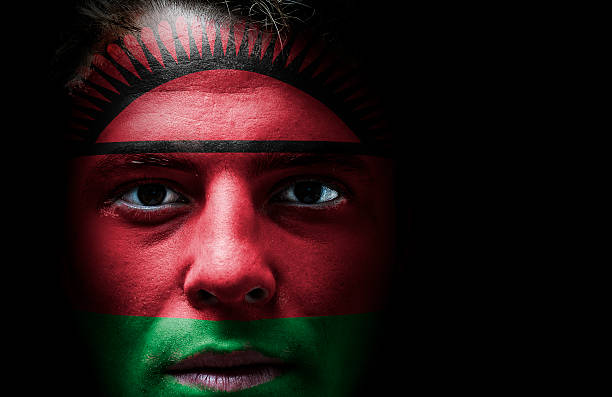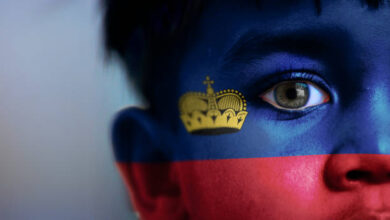10 Things You Are Not Allowed to Do in Malawi

Malawi, often referred to as the “Warm Heart of Africa,” is a landlocked country in southeastern Africa, known for its breathtaking landscapes, vibrant culture, and warm-hearted people. However, like any other country, Malawi has its own set of laws and regulations that visitors and locals are expected to respect in order to maintain order and preserve its cultural integrity. Here are 10 things you are not allowed to do in Malawi:
1. Engage in Corruption or Bribery
Corruption is illegal in Malawi, and any form of bribery or engaging in corrupt practices can lead to severe penalties. This includes offering or accepting bribes, whether from government officials, police officers, or other individuals. The country has strict anti-corruption laws, and engaging in such activities can lead to imprisonment and a tarnished reputation.
2. Smoke in Public Places
In Malawi, smoking in public places, such as restaurants, bars, and public transport, is not allowed. The government has enacted laws to regulate smoking in public spaces in order to protect non-smokers from second-hand smoke. There are designated smoking areas in some places, and smokers are expected to adhere to these regulations.
3. Take Photos of Certain Government Buildings or Military Installations
While taking photos of Malawi’s beautiful landscapes, wildlife, and everyday life is generally allowed, it is strictly prohibited to take pictures of government buildings, military installations, or any other sensitive locations. Doing so may be viewed as an act of espionage or a threat to national security, and it can result in fines or imprisonment.
4. Engage in Illegal Fishing Activities
Malawi’s Lake, one of the largest in Africa, is a vital resource for the country, both for food and tourism. As a result, the government has implemented strict fishing regulations to prevent overfishing, illegal fishing methods, and the use of harmful chemicals or nets. Engaging in illegal fishing practices can lead to heavy fines, confiscation of equipment, or even imprisonment.
5. Hunt Protected Wildlife
Malawi has a rich biodiversity, with many protected species such as elephants, lions, and rhinos living within its national parks. Hunting any of these protected species is strictly prohibited by law. Poaching is a criminal offense that can lead to heavy fines, imprisonment, or both. The government enforces these laws to protect wildlife and preserve the country’s ecosystems.
6. Participate in Public Disrespect Toward the President or Government Officials
In Malawi, it is illegal to engage in any form of public disrespect toward the President or other government officials. Insulting or defaming the country’s leadership can lead to charges of sedition or defamation, which are punishable by law. Criticizing government policies or officials is allowed, but it should be done within the bounds of the law.
7. Engage in Homosexual Activities
While homosexuality is not widely accepted in Malawi, the country still has laws that criminalize same-sex relationships. Same-sex sexual acts are considered illegal, and individuals caught engaging in such activities can face imprisonment. However, there is growing activism and calls for change in this area, with some organizations advocating for the rights of the LGBTQ+ community in Malawi.
8. Litter in Public Spaces
Littering in public areas is illegal in Malawi, and the government has introduced regulations to keep the country clean and protect its environment. Visitors and residents are expected to dispose of their waste responsibly. Throwing trash on the streets, in parks, or along the lakeshore can result in fines or other penalties.
9. Use Illegal Drugs
Malawi has strict laws when it comes to drug use. Possessing, using, or trafficking illegal drugs, such as marijuana or hard narcotics, is a criminal offense. The penalties for drug-related offenses can be severe, including long prison sentences. It’s crucial for visitors to be aware of the country’s zero-tolerance stance on illegal drugs.
10. Disturb or Harm Sacred Sites
Malawi is a deeply spiritual country with many sacred sites, particularly in rural areas. Disrespecting or damaging these sacred sites, including traditional burial grounds or religious shrines, is considered a serious offense. Visitors should always ask for permission before visiting any such sites and should approach them with the utmost respect.
While Malawi is known for its welcoming people and beautiful landscapes, it’s essential for visitors to understand and respect the country’s laws and regulations. By adhering to these rules, tourists can ensure they have a safe, respectful, and enjoyable experience while contributing to the preservation of Malawi’s cultural and natural heritage.




